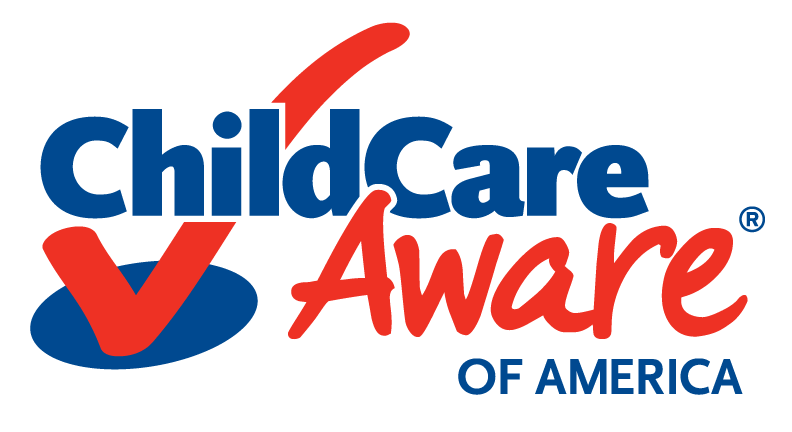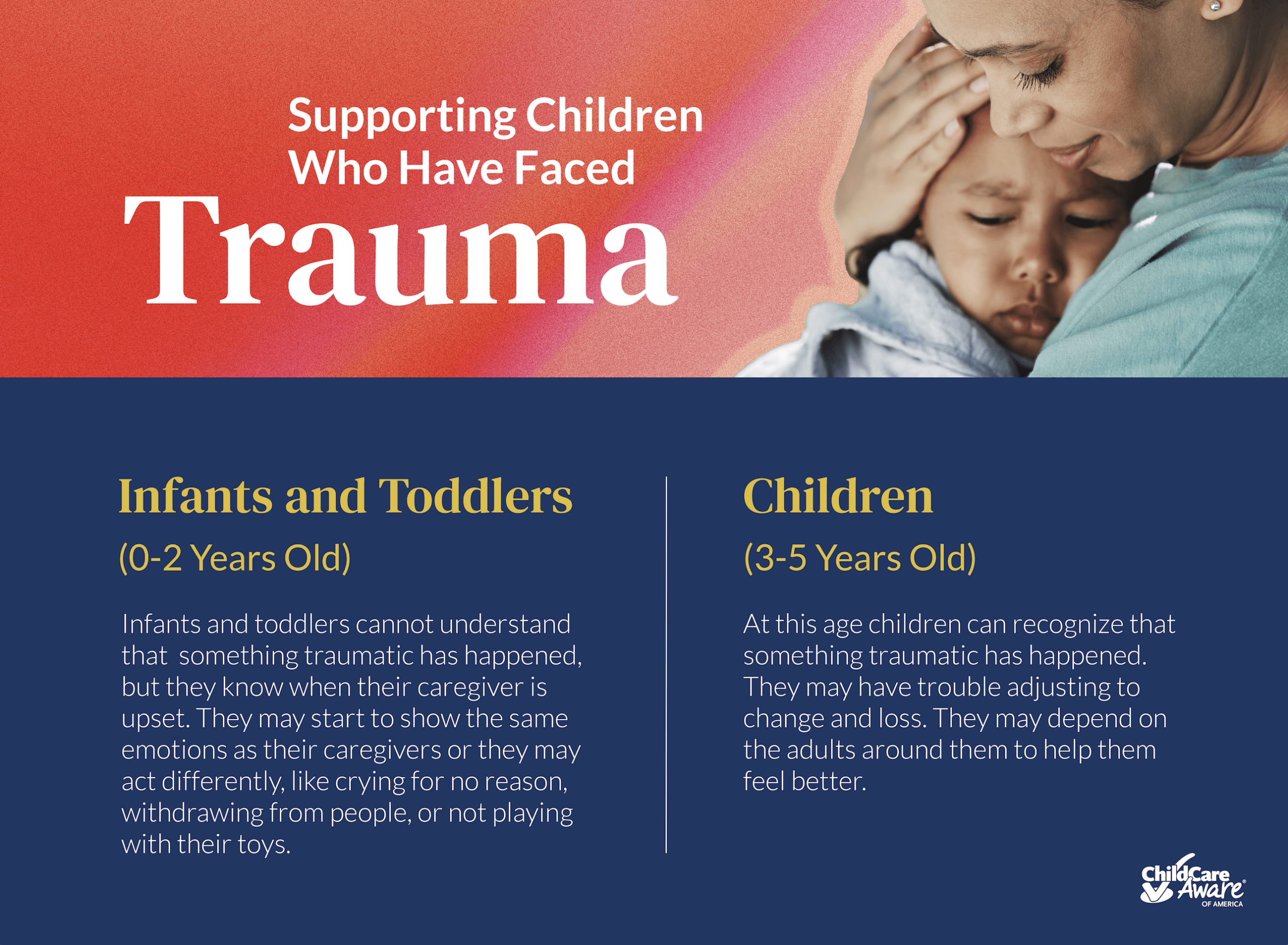Whether a child has personally experienced trauma, has merely seen the event on television, or has heard it discussed by adults, it is important for parents and caregivers to be informed and ready to help if reactions to stress begin to occur.
Below are some resources child care providers and parents can use in their work with children who have faced a disaster or traumatic event:
Books for Helping Children Cope
- 100 + Children’s Books to Support Emergency Preparedness, Response and Recovery (PDF download) – Explore books for every age level on helping children cope with disasters, violence or other traumatic events.
- Read for Resilience
Helping Children Cope with Media Coverage
- Disaster and Community Crisis Center: Helping Your Child Cope with Media Coverage of Disasters: A Fact Sheet for Parents (PDF download)
- KidsHealth: How to Talk to Your Child About the News
- Common Sense Media: Explaining the News to Our Kids
Tips for Parents and Caregivers
- ZERO TO THREE: infant and early childhood mental health resources
- NCTSN Resource: Helping Young Children Heal After a Crisis
- National Child Traumatic Stress Network: Assisting Parents/Caregivers in Coping with Collective Trauma (PDF download)
- National Association of School Psychologists: Talking to Children About Violence: Tips for Parents and Teachers
- National Child Traumatic Stress Network: Talking to Children about the Shooting (PDF download)
- Save the Children: Tips for Protecting Children in Violence-Based Emergencies
- Listen, protect, connect (LPC) Psychological First Aid System
- Caring for Ourselves as We Care for Others is a brief from the Understanding Trauma and Healing in Adults series that provides information about
trauma and how traumatic events can affect families and staff. - AAP: Talking to Children About Tragedies and Other News Events
- Coalition to Support Grieving Students, Talking with Children
- National Center on Early Childhood Health and Wellness: Helping Your Child Cope After a Disaster (PDF download)
- Ready.gov: Helping Children Cope
- Save the Children: 10 Tips for Helping Children Cope with Disaster
- Psychological First Aid: Parent Tips for Helping Infants and Toddlers after Disasters (PDF download)
- FEMA Accessible: Helping Children Cope After a Disaster
Social-Emotional Resources
- Supporting Children who have Faced Trauma
- Child Life Disaster Relief
- National Center for School Crisis and Bereavement
- National Child Traumatic Stress Network
- Child Mind Institute
- Supporting Children who are Experiencing Stress (PDF download)
- Let’s Talk about Feelings: Brain Building Tips for Encouraging Healthy Emotional Development in Young Children (PDF download). Also available in Spanish.
- National Center on Early Childhood Health and Wellness: Children’s Responses to Crises and Tragic Events (PDF download)
- Child Care Aware of Missouri: Comfort Kits for Kids (PDF download)
- Sesame Street Resources
- California Department of Developmental Services: Feeling Safe, Being Safe (PDF download)
- National Center for School Crisis and Bereavement
Supporting Children Who Have Faced Trauma Infographic
Click to view the full infographic and use your browser to zoom in if needed.



